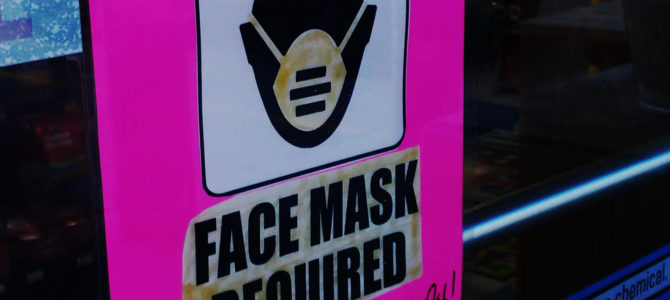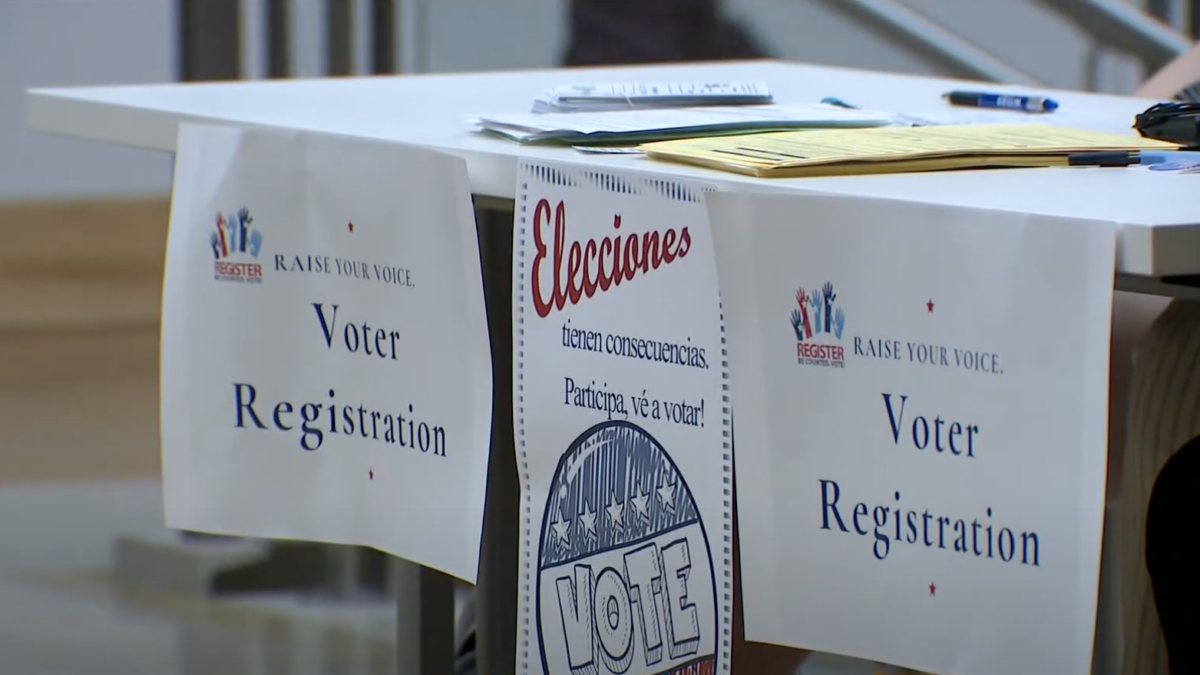
Last June, an organization I’ve been affiliated with for a long time — since high school, in fact — held its semi-annual meeting. Allowed a guest, I invited a retiree I know to join me and my then-infant daughter. Everywhere I walked in the hotel ballroom that day, fellow members greeted me warmly and cooed over my baby. But my guest, who entered with us and was beside me all day, was completely ignored. Over and over again, people saw his walker and looked away, walked away, or talked only to me, even after I’d introduced him.
It was eye opening. People I’ve long known and think of as “good people” did this. It showed me how blind we can all be to the disabled, both to their existence and their different needs. A perfect example of that obliviousness on a large scale is the new push for plastic straw bans. These bans sound eco-friendly, they’re trendy, and they completely disregard the needs of the disabled who live in, work in, or visit strawless locales.
New York City introduced a ban bill in May. Seattle’s ban went into effect on July 1. Starbucks announced their plan to eliminate plastic straws by 2020 on July 9. And on July 10, Washington DC’s city council introduced its own ban bill, while American Airlines announced its intention to ban “straws and stir sticks from its flights and lounges.”
In case you were wondering, Seattle’s newly implemented ban isn’t going well. Having never discussed the ban proposal with the Seattle Commission for People with disAbilities, a group that exists specifically to advise the city about such issues, implementation has been chaotic.
“[City leaders] seem to be telling restaurant owners in Seattle there’s a total ban and telling disability organizations that there are exemptions,” Lawrence Carter-Long, communications director for the Disability Rights Education & Defense Fund, told me. “They haven’t taken the time to ask for public comment. It’s pretty clear they haven’t thought it through.”
It’s not clear Washington’s leaders thought their proposed ban through either.
“I need to have access to straws because of muscle weakness. I can’t lift a cup to my mouth,” Andrea LaVant, who works in the District told me. She uses a power wheelchair full-time because she has Muscular Dystrophy. “I’m upset hearing the news, especially because Washington in particular is a city that has been recognized for its accessibility in so many different ways, and because of that, the population of people with disabilities is very high, and so it’s an insult, I believe, to completely ignore the needs of a significant part of the population.”
Straw bans have other negative ripple effects. Curt Decker, executive director of the National Disability Rights Network, notes that any ban impacts individuals with medical issues as varied as Cerebral Palsy, Quadriplegia, and Dementia.
As for proposed alternatives, Carter-Long told me there is no real replacement. “Paper straws tend to get soggy and increase the risk of choking … they’re not good for people who chew involuntarily, have excess saliva, or can’t bend because of limited mobility. Silicone straws aren’t flexible … Metal, glass, and bamboo aren’t flexible, which poses obvious dangers for people with Parkinson’s or Cerebral Palsy who can’t control movement.” Even wheat and silicone straws are problematic — they pose allergy risks. In short, he concludes, “If somebody tells you the options available don’t work for them, listen to them.”
A ban would also seriously inconvenience young families. With three young children, my family doesn’t eat out often. However, when we do, it’s straws (and high chairs) that make those meals possible. Straws enable my toddler to drink independently, without soaking herself or the restaurant floor. If the District bans straws, we’d travel elsewhere for those family outings.
Personally, I remain somewhat perplexed as to why banning disposable straws has become so urgent. “At most, straws account for about 2,000 tons of the 9 million tons of plastic that are estimated to enter the ocean each year, according to the Associated Press — .02 percent of all plastic waste,” Reason reported. In other words, there are bigger environmental fish to fry.
But here we are. So, in the interest of moderation and sanity, I’d like to offer a proposal.
First, let’s press pause on straw bans until a true alternative exists that won’t inconvenience the disabled. Second, environmental groups should sponsor a contest, encouraging innovators to create an affordable and environmentally friendly alternative that meets everybody’s needs. Third, if you live or work in the Washington area, contact the City Council with any concerns. When the Council reconvenes in mid-September and holds hearings, be prepared to testify about ways to improve this bill.
Finally, let’s lead with kindness and common sense. If cities or businesses still want to reduce straw usage, the best short-term strategy is reduction, rather than complete elimination. As Lawrence Carter-Long suggests, “Say flexible straws are available to people on request.”
Protecting the Earth we’ll eventually leave our children is laudable. But we must also see the people who are in front of us today. Policies intended to help the planet that harm the most vulnerable among us are neither noble, nor real long-term solutions.








